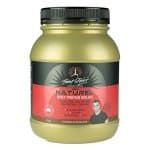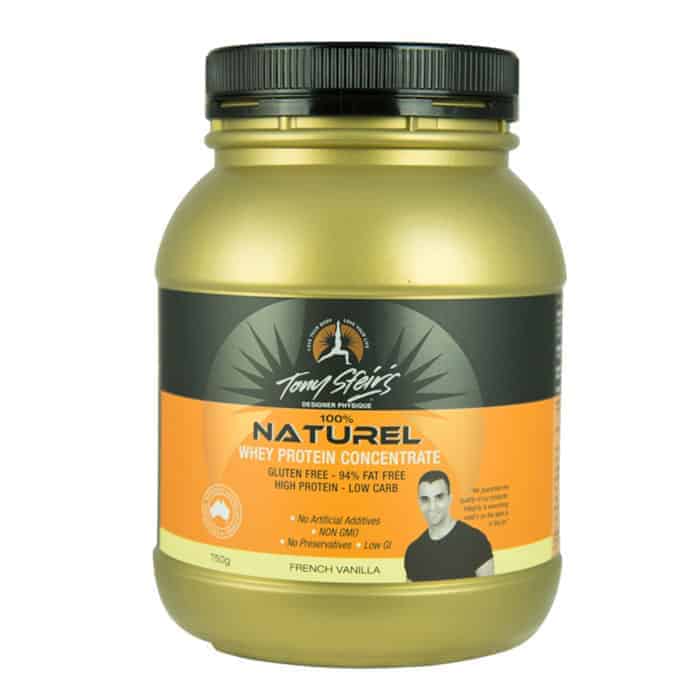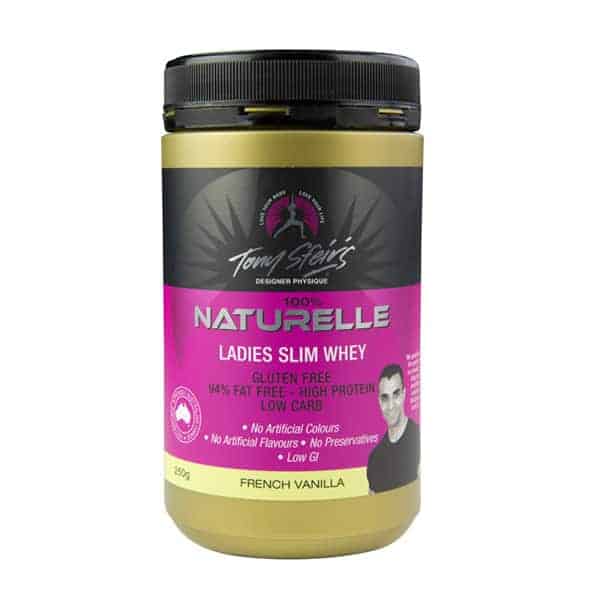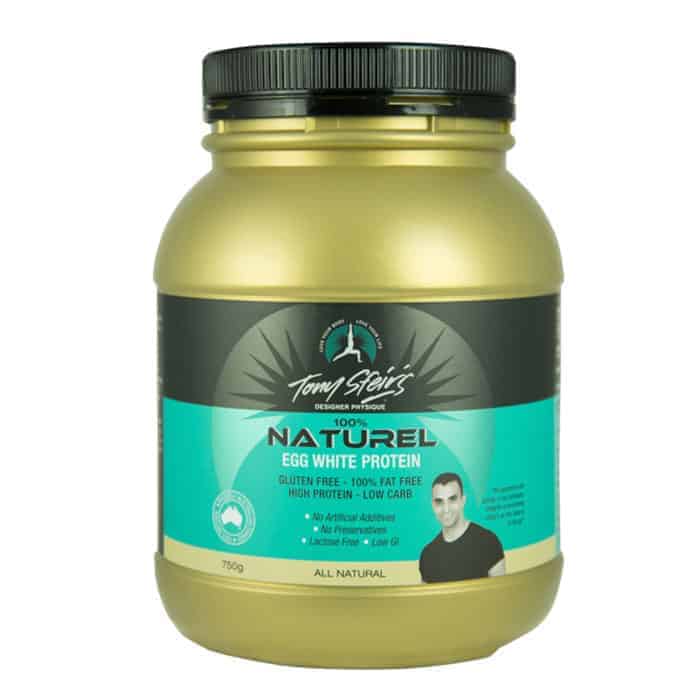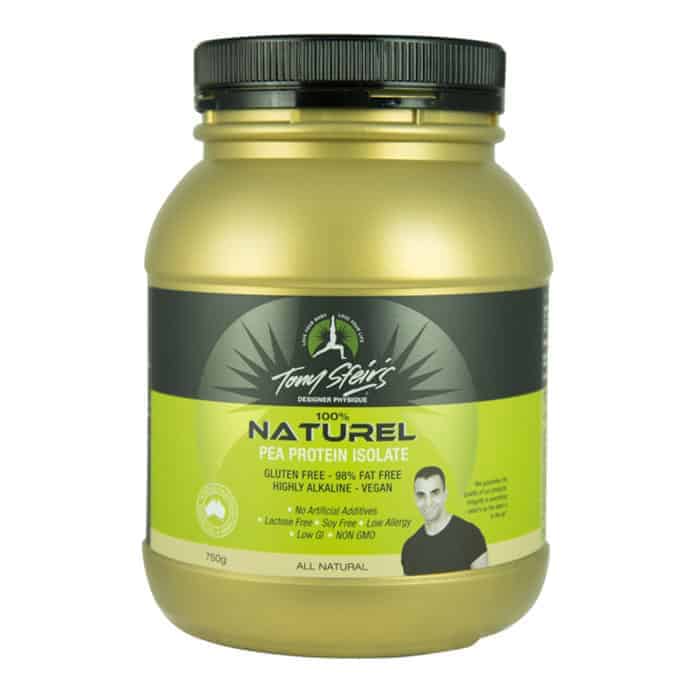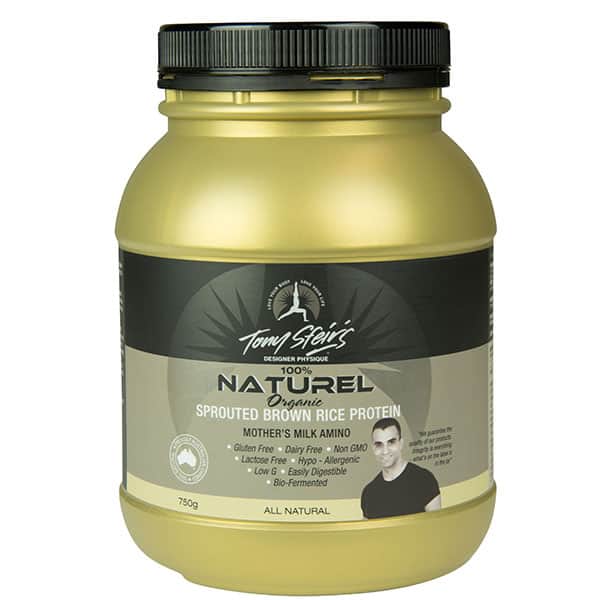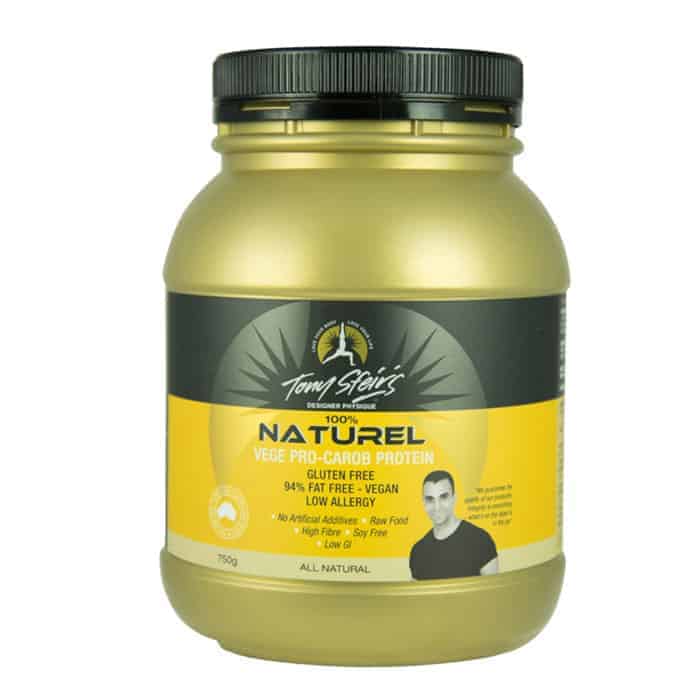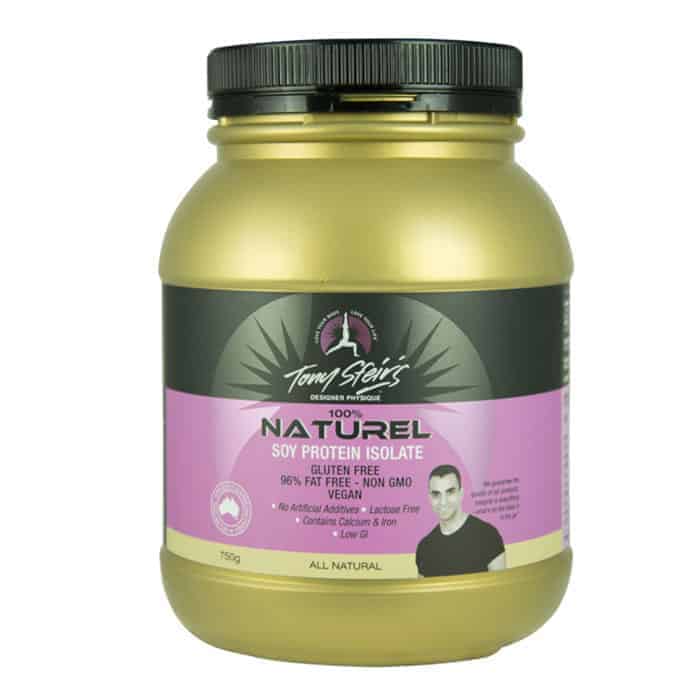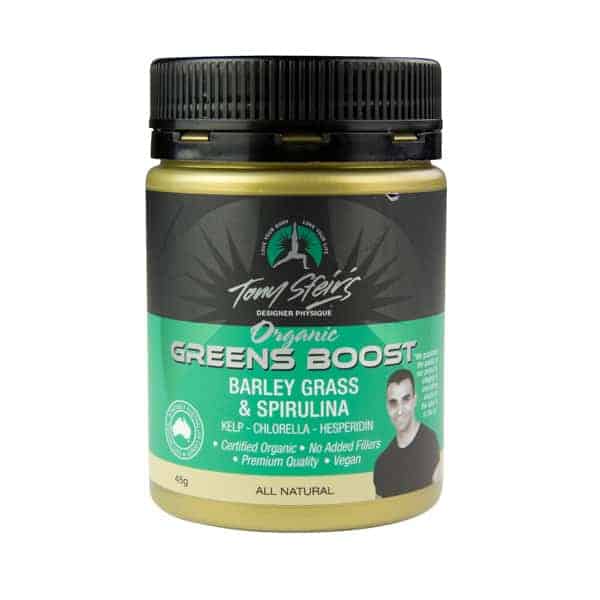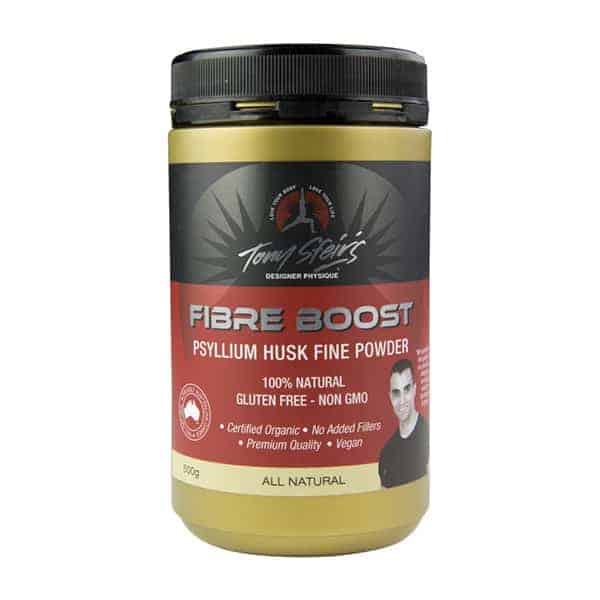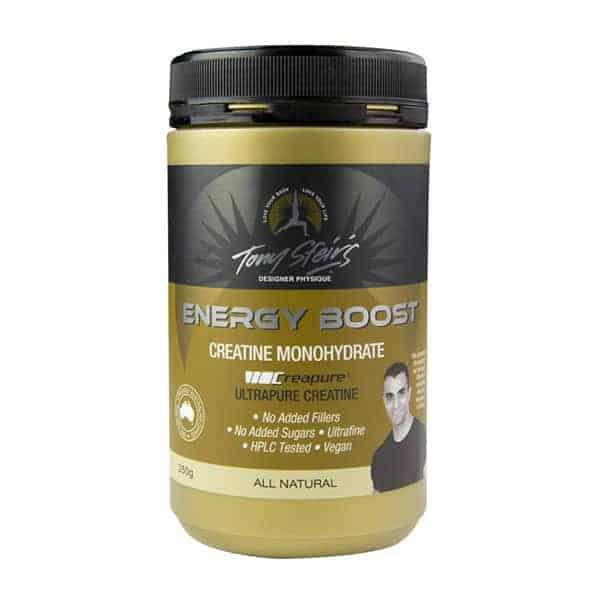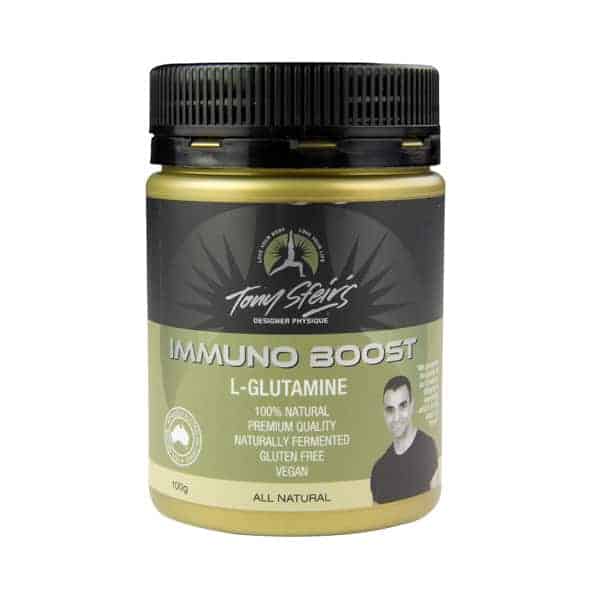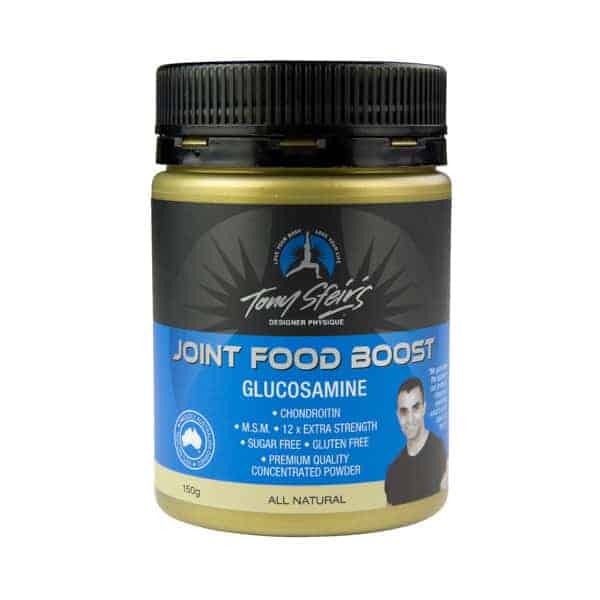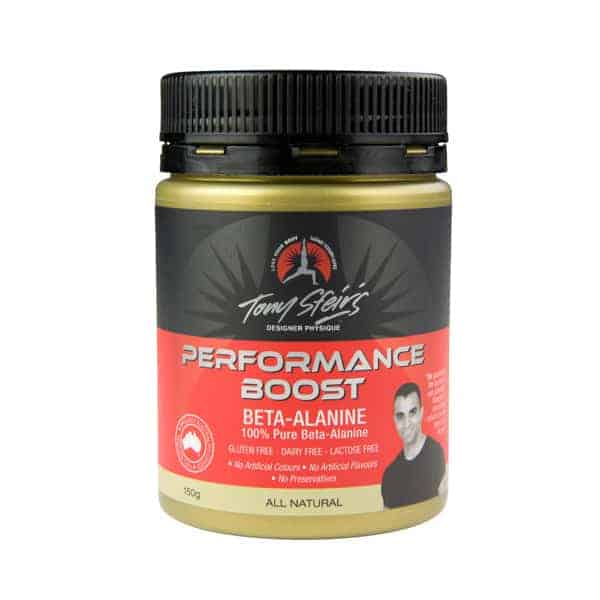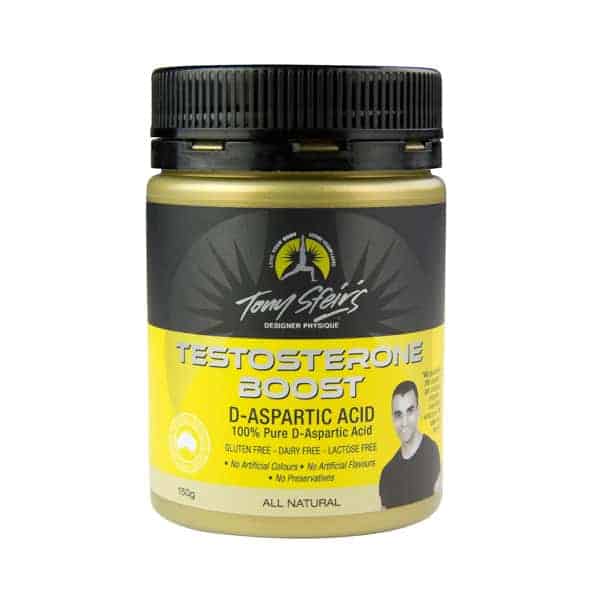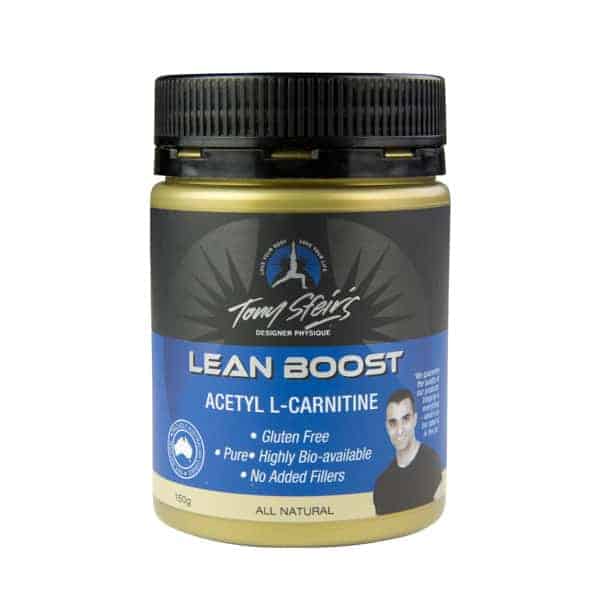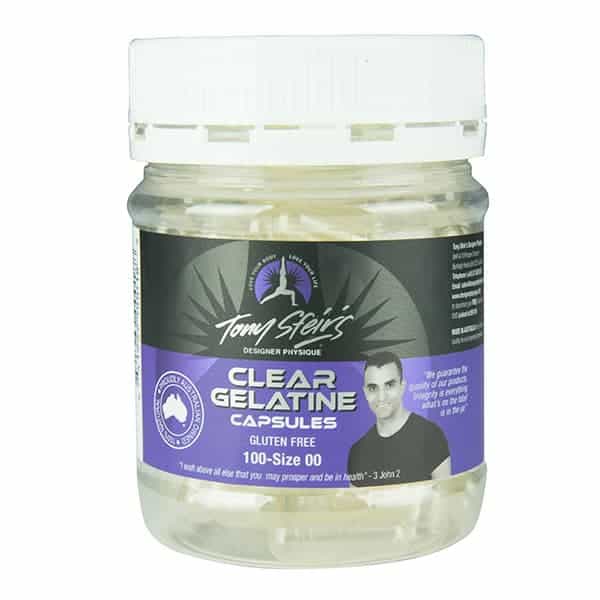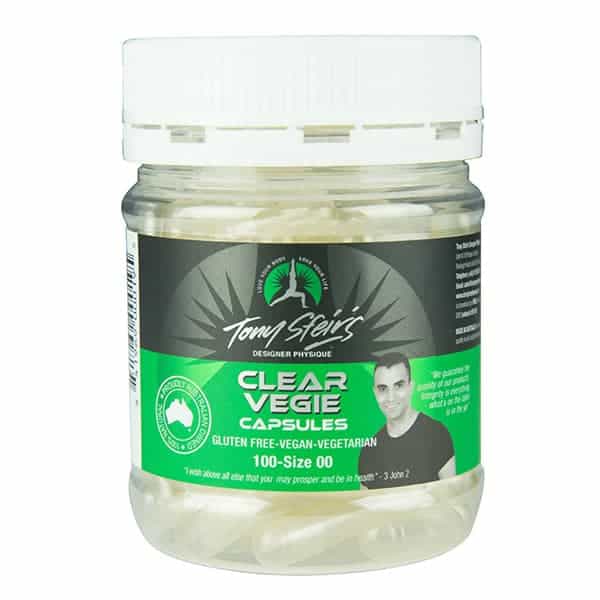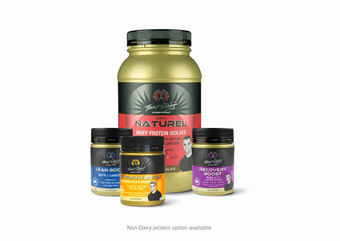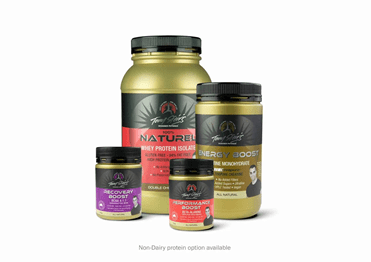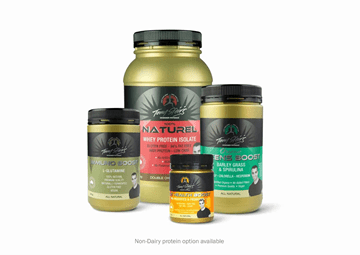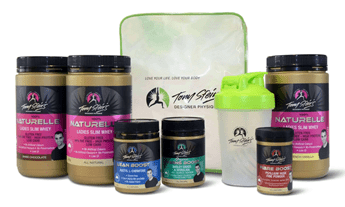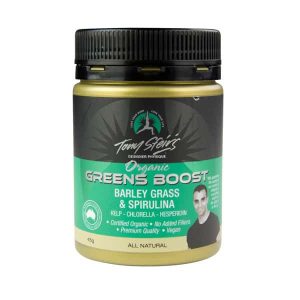Article At A Glance:
|
Where are the ingredients in the supplements I take grown?
When consuming your daily dose of supplements have you ever stopped to think, I wonder where the ingredients in this actually come from? This then leads to the question of what is the soil quality like, do they actually contain proper nutrients and are they ethically grown and farmed? Truthfully the questions can go on and on which is why at Designer Physique we are so transparent about where we deliberately source our ingredients from and why.
If it says manufactured in Australia, is it grown in Australia?
There is a big difference between being grown or manufactured/made in Australia, according to Australian Made, “the ‘Australian made’ claim is about the production process rather than content of a product. A product with an ‘Australian made’ label will not necessarily contain Australian ingredients or components (Australian Made).” This can become confusing if you don’t know the difference.
In fact, you could be consuming ingredients from a country whose food production standards you dont trust with poor soil quality and low mineral quality. Majority of the popular supplements on the market DO NOT DISCLOSE THIS INFORMATION. The only way to find out the exact countries that the ingredients come from is by directly contacting the companies. However, even then you may not get a straight answer, which begs the question why aren’t they sharing this information? At Designer Physique we are always happy to answer any questions that you may have on the origin of our ingredients, contact us if you would like further information on this.
What is soil quality and why does it matter?
The term soil quality refers to how well the soil does what it is supposed to do. Soil quality affects the plant’s allocation of nutrients and determines if the compounds such as protein, starch and secondary metabolites are formed and in which tissues. This nutrient allocation determines the composition of the harvested product and how nutrient dense it is or isn’t (Brandt, 2011). Some other considerations of the country of origin are the mineral profile of the soil, is the country a mass producer and what does that mean for their credibility and quality?
Research conducted on the adequacy of domestic food production in different countries highlighted that most countries inadequately produced 7 out of 24 nutrients being choline, calcium, polyunsaturated fatty acids, vitamin A, vitamin E, folate, and iron. There is a noticeable difference between the dietary nutrients produced in high-income countries compared to low-income countries. The high-income countries produced the highest nutrient food, whereas the low-income countries lacked important nutrients as were mainly roots and cereal products. Moreso the South Asian food was found to barely fulfil half the requirements of vitamin A (Chen et al., 2021).
Where do our ingredients come from?
The main origins of our ingredients include the USA, Germany, Italy, Netherlands, France and China. See the table below for RATIONALE on why we intentionally source specific ingredients from these select countries.
| Product | Country of Origin | Rationale |
| Soy protein | USA |
|
| Whey protein isolate and concentrate | Germany |
|
| Carob protein | Italy |
|
| Egg white protein | Netherlands |
|
| Pea protein | France |
|
| Brown rice protein | China |
|
The Designer Physique difference
At Designer Physique, transparency on where our ingredients are sourced and our continual effort to source the best nutrient dense and quality ingredients is our point of difference. Is there a protein or supplement that you take daily? Check where the ingredients come from and do your own research to see the quality of what you are actually consuming. If you can’t find this information readily available or are unhappy with the results you discovered, put your health first and make a positive change to Designer Physique supplements today. Did you know at Designer Physique we have a nutritionist readily available to answer any of your nutrient and health related questions about our products, get in touch as we are happy to answer any questions you might have! Get your FREE SAMPLE PACK today and nourish your body with our trusted quality ingredients, the results you feel will speak for themself.
References
Australian Made, Frequently asked questions, accessed on 07/07/22, <https://australianmade.com.au/why-buy-australian-made/faqs/>
Brandt, K. (2011). Plant health, soil fertility relationships and food quality. International Society of Organic Agriculture Research. Accessed on 07/07/22, <https://eprints.ncl.ac.uk/7910>
Chen, C., Chaudhary, A., Mathys, A. (2021). Nutrient adequacy of global food production. Front. Nutr. 8:739755. doi: 10.3389/fnut.2021.739755

